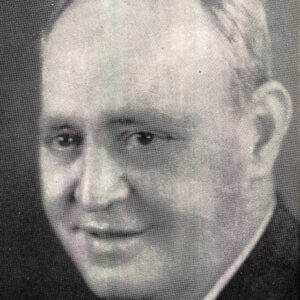 Otis Page
Otis Page
Gender: Male
 Otis Page
Otis Page
 Johnny Paladino
Johnny Paladino
Palmer, Bob
aka: Robert Franklin Palmer Jr.
Palmer, Clyde Eber
Palmer, Edward
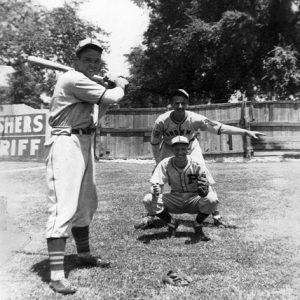 Paragould Browns
Paragould Browns
Parchmeal, William (Execution of)
Park, Neil Hamill
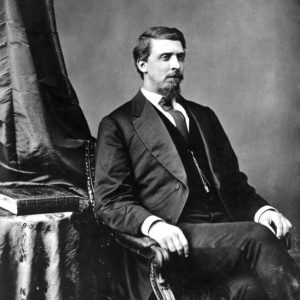 Isaac Parker
Isaac Parker
Parker, Isaac Charles
Parker, Jimmy Dale “Red”
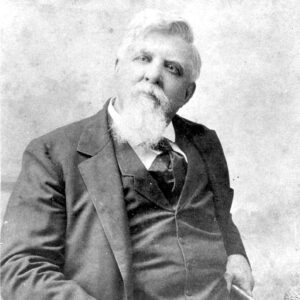 Judge Isaac Parker
Judge Isaac Parker
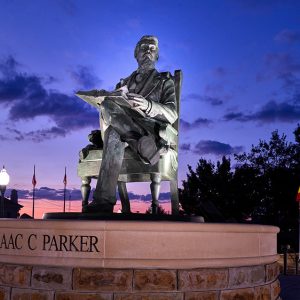 Judge Parker Statue
Judge Parker Statue
 Red Parker
Red Parker
Parker, Tom (Reported Lynching of)
 Ted Parkhurst
Ted Parkhurst
 Ted Parkhurst of August House
Ted Parkhurst of August House
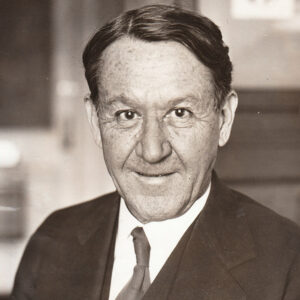 Tilman B. Parks
Tilman B. Parks
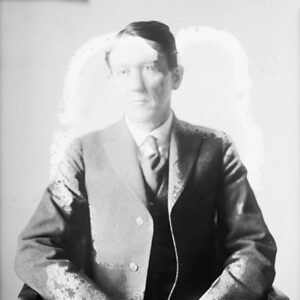 Tilman Parks
Tilman Parks
Parks, Tilman Bacon
Parks, William Pratt “Buck”
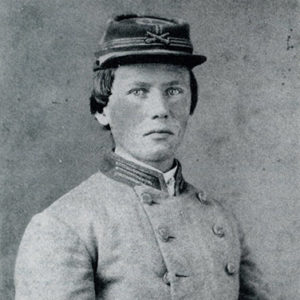 William Parks
William Parks
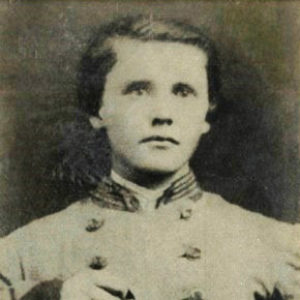 William Parks
William Parks
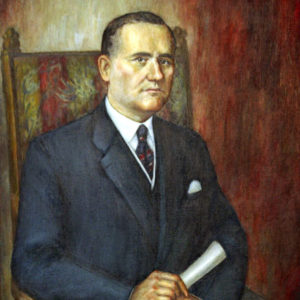 Harvey Parnell
Harvey Parnell
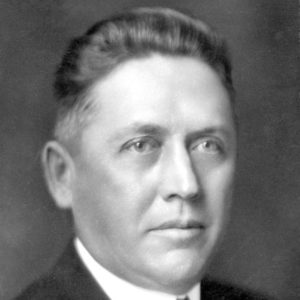 Harvey Parnell
Harvey Parnell
Parnell, Harvey
Paroling (Civil War)
Parrent, Joe (Lynching of)
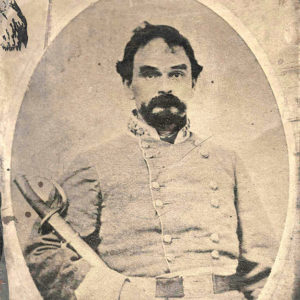 M. M. Parsons
M. M. Parsons
Parsons, Mosby Monroe
Partain, Edward Allen (Ed)
Paschal, George W.
Patrick, William (Lynching of)
Patterson, Franklin (Execution of)
Patterson, Hugh Baskin, Jr.
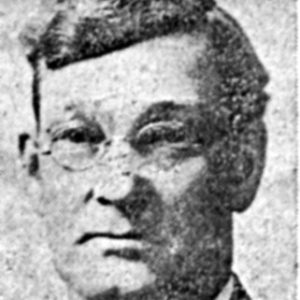 Marshall Patterson
Marshall Patterson
Patterson, Missouri, to Cherokee Bay, Scout from
 Guy Patteson
Guy Patteson
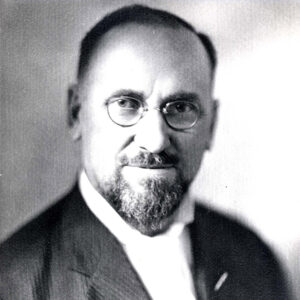 Paul M. Heerwagen
Paul M. Heerwagen
Paul Ruiz and Earl Van Denton (Crime Spree)
 Gene Paulette
Gene Paulette
Paulette, Gene
Payne, “Sunshine” Sonny
aka: John William Payne
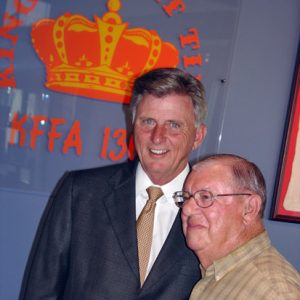 Mike Beebe and "Sunshine" Sonny Payne
Mike Beebe and "Sunshine" Sonny Payne
 "Sunshine" Sonny Payne
"Sunshine" Sonny Payne
 "Sunshine" Sonny Payne
"Sunshine" Sonny Payne
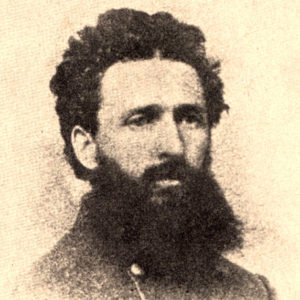 Nicholas Pearce
Nicholas Pearce
Pearce, Nicholas Bartlett
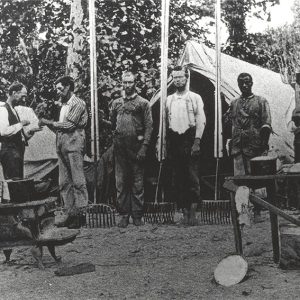 Pearlers
Pearlers
 Pearson Ad
Pearson Ad




